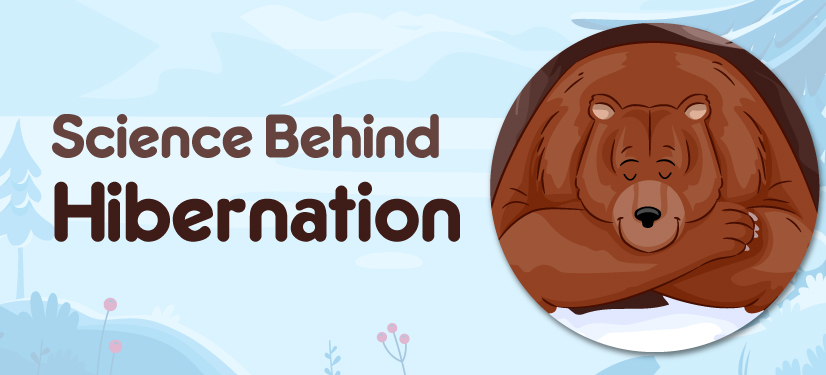
We all know how hard it is to get out of a warm bed on a cold winter morning. But what if you couldn’t get out of bed? What if you couldn’t even wake up for months at a time? While dreaming away the cold months might sound like just the vacation you need, for animals, this is an involuntary biological process called hibernation, which is critical to their survival.
What is hibernation?
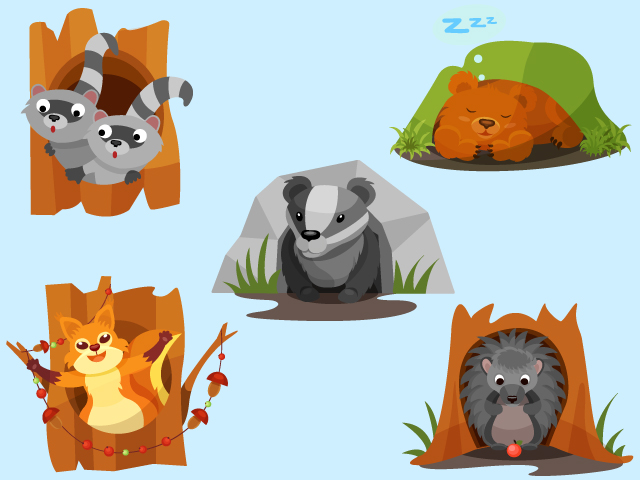
Think about how people change basic habits to prepare for cold winter months. They start wearing coats, caps, gloves and boots. They have hot soup or hot chocolate to keep themselves warm. Heaters or fireplaces provide warmth too. All of these things protect us during harsh winter conditions.
However, animals don’t have these options. They have to deal with it themselves. For non-migratory species, winter can be unforgiving. While migratory animals have the option of moving to warmer places in winter, the non-migratory ones are stuck in harsh cold conditions. That’s why many of them have evolved to deal with these hardships by avoiding them altogether, through a process called hibernation.
Hibernation is when some animals have long periods of deep sleep during cold weather. To prepare for the same, the animals eat a lot of food during autumn so that they can survive the cold and dangerous winter. Their metabolism, or the rate at which the body burns calories, also slows down in order to save energy.
Importance of hibernation
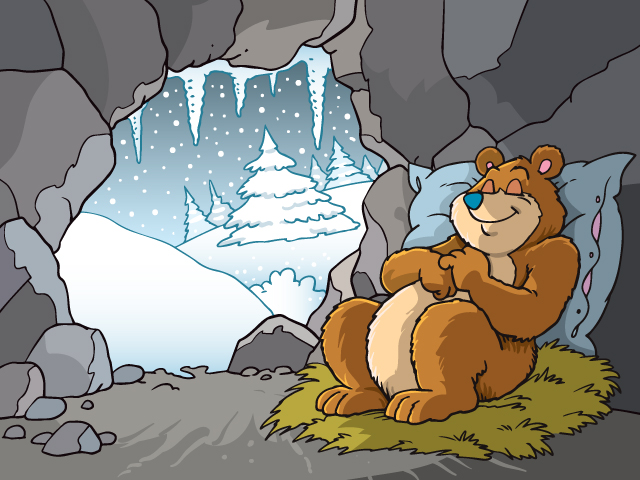
Hibernation is extremely important for the survival of some animals. During winter months, the food becomes scarce, or not available at all. This is because many plants stop producing leaves and seeds that animals eat. Smaller animals of prey may move to warmer locations or hibernate. Outdoor temperatures also become dangerously low. Therefore, without thick, protective fur or the ability to warm up, animals can freeze. So hibernation gives them a break from searching for food while surviving in cold temperatures, as they find a safe shelter to hide in and sleep throughout the winter season.
Hibernation allows animals like bears, chipmunks, and bats to use their stored energy much more slowly. Just how slowly? Well, here are some examples. The little brown bat may take a breath only once per hour! The groundhog, another hibernator, will experience a heart-rate drop from about 80 beats per minute to just 5. Come spring, hibernators emerge to mate, have young, and recharge in a more hospitable environment.
Are there any risks of hibernation?
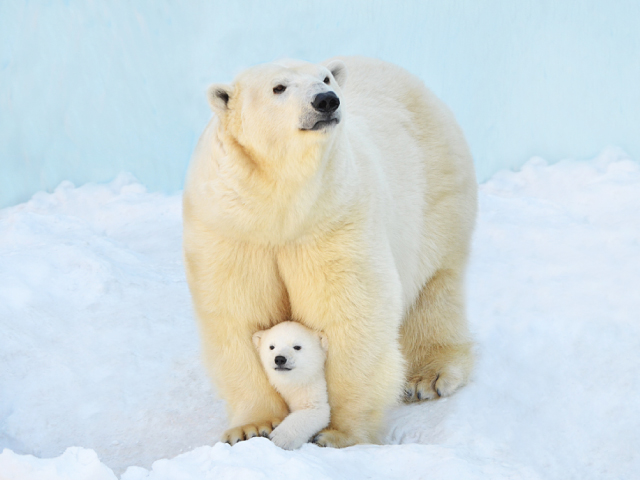
This extraordinary evolutionary adaptation does not come without consequences. These animals can lose one-quarter of their overall weight during the winter. And in sleep-state, they are susceptible to predator attacks. Once they wake up, the animals are weak and must recover quickly to survive. If they don’t have enough energy stored, they may never wake up at all, but the risk is well worth it.
Do all animals hibernate the same way?
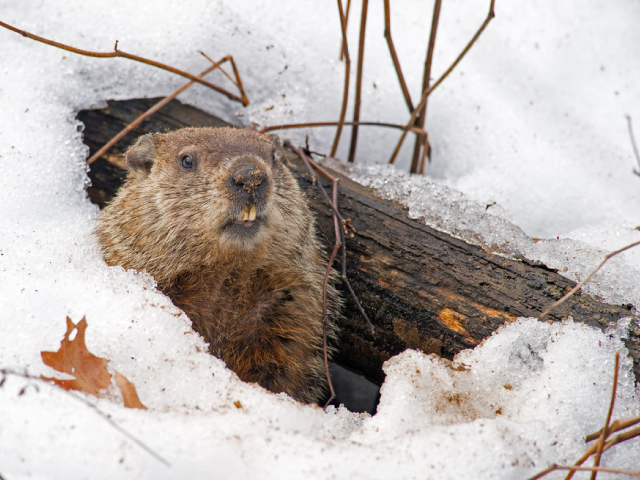
As noted above, cave bats, groundhogs and jumping mice are “true” hibernators. True, or “deep”, hibernators are animals that become completely unconscious during hibernation. It is nearly impossible to wake them up during the winter months. Bears, on the other hand, experience less severe changes. It allows them to be conscious and react to danger throughout the winter season.
Unlike bears, small mammals like chipmunks lose heat quite easily, forcing them to wake up every few days to warm up, urinate, and eat. Even more curious, some species of insects and amphibians, like wooly bear caterpillars and wood frogs, produce a natural antifreeze. This stops their cells from freezing completely in cold temperatures.
Why don’t humans hibernate?
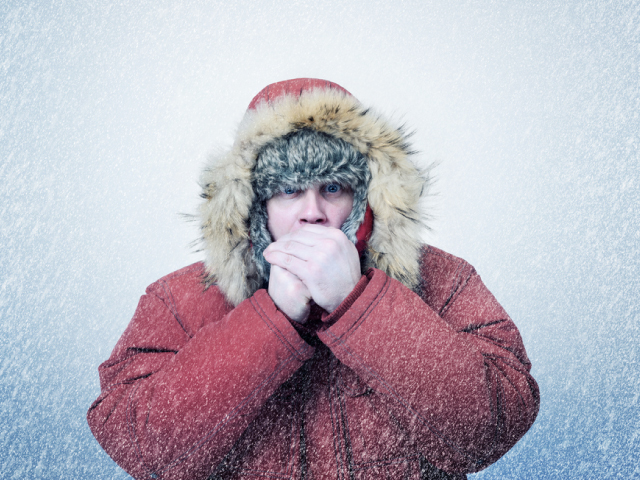
We don’t need to! Our biology and technology keeps us comfortable year-round. But that hasn’t stopped scientists from researching the potential benefits of human hibernation. NASA has explored the possibility of reducing astronauts’ body temperature to induce a kind of hibernation while on the way to Mars.
So what’s the best way to help hibernating wildlife? Leave them be. Bears and other animals are gorging themselves on food this month before bedding down for the winter. In the meantime, feel free to use the “I’m hibernating!” excuse as you wake up late every morning.
Raza has been writing since 2008, be it fiction, poetry, or articles on science, politics, and history. He believes that words can change the world, and he uses them to inspire and empower people through his writing. When he is not working, he is watching nature documentaries or playing with his cats.
Comments
Adrija
January 22, 2021
Amazing information!!!!
Parvathi Ajayakumar
January 20, 2021
Amazing…